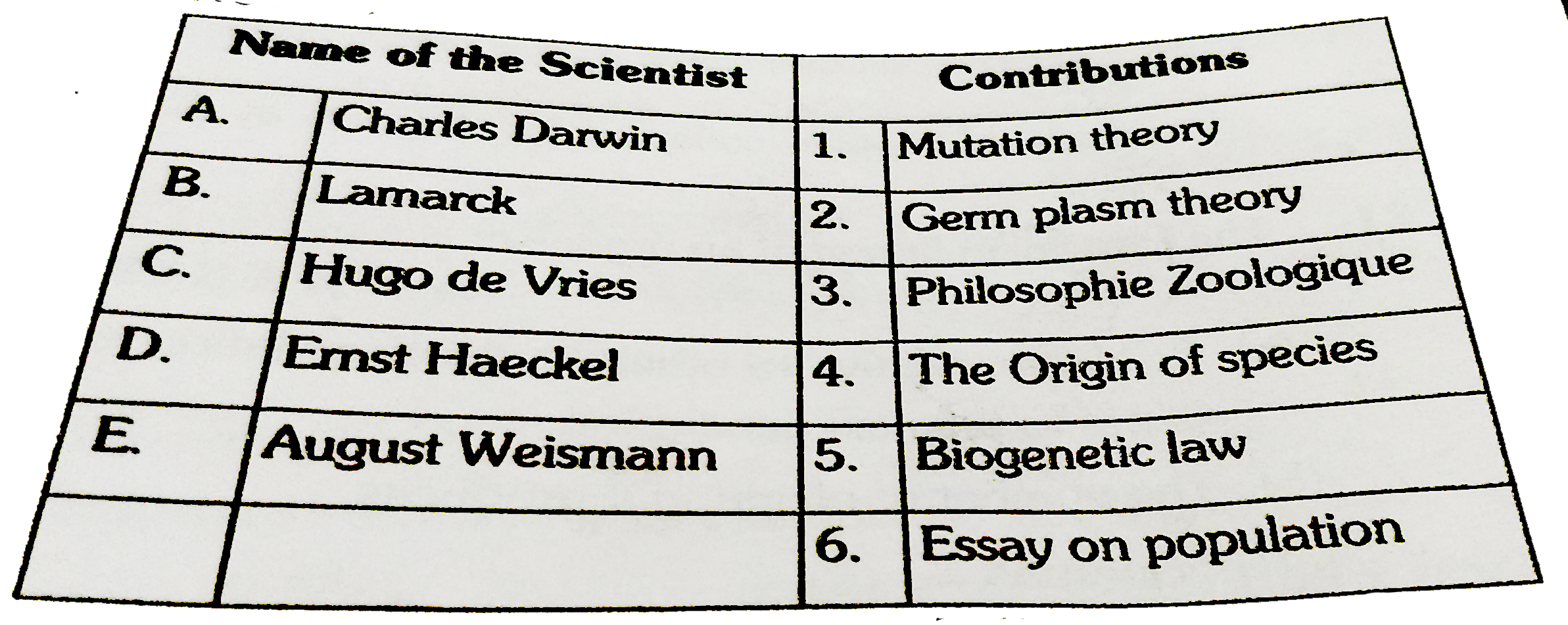Give the contribution of Rudolf Virchow in the field of biology.
Step-by-Step Solution:
1. Introduction to Rudolf Virchow: Rudolf Virchow was a prominent figure in the field of biology and medicine during the 19th century. He is often referred to as the "father of modern pathology."
2. Contribution to Cell Theory: In 1855, Virchow made a significant contribution to the cell theory, which was initially proposed by earlier scientists. He recognized that the existing cell theory was incomplete.
3. Virchow's Principle: He introduced the principle "Omnis cellula e cellula," which translates to "all cells arise from pre-existing cells." This principle emphasized that new cells are formed only through the division of existing cells.
4. Understanding Cell Division: According to Virchow, when a cell divides, it produces two new cells, known as daughter cells. The original cell from which they arise is referred to as the parent cell.
5. Impact on Biology: Virchow's work laid the foundation for understanding cellular processes, including growth, development, and reproduction of cells. His contributions were crucial in advancing the study of biology and medicine.
6. Conclusion: Rudolf Virchow's assertion that all cells come from pre-existing cells is a fundamental concept in biology, reinforcing the idea that life continues through cellular division.
---
Topper's Solved these Questions
Similar Questions
Knowledge Check
Who is Father of Biology?
ALemarkBAristotleCTheophrastusDCharles DarwinField theory is the contribution of
ABehaviouristsBStructuralistsCPsychoanalystsDGestaltistsField theory is the contribution of
ABehaviouristsBStructuralistsCPsychoanalystsDGestaltists
Define cell biology
View SolutionAnalyse the contribution of Dwarkanath Tagore in the field of industrial development.
View SolutionWrite about contribution of Har Gobind Khorana in the field of Genetics?
View SolutionMatch the scientists and their contributions in the field of evolution

View Solution'Kalidas Samman’ is given for the contribution to which of the following fields?
View Solution
